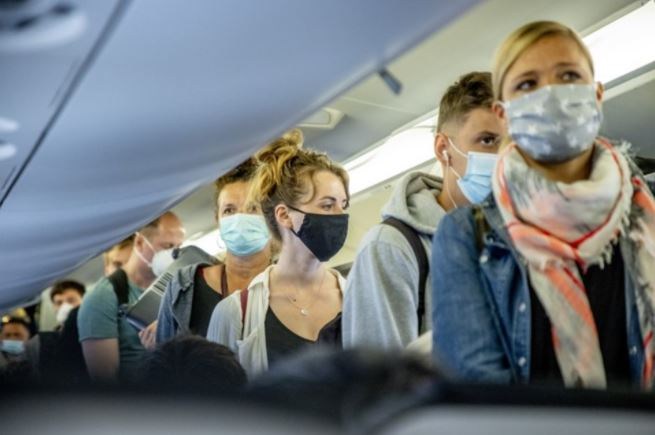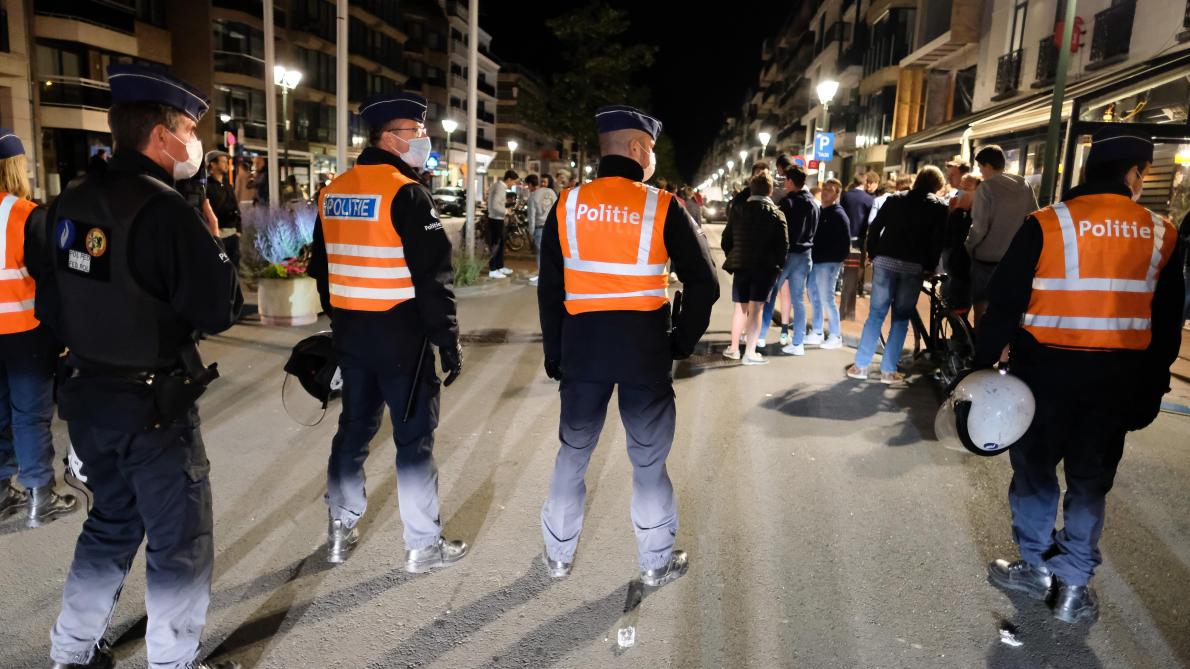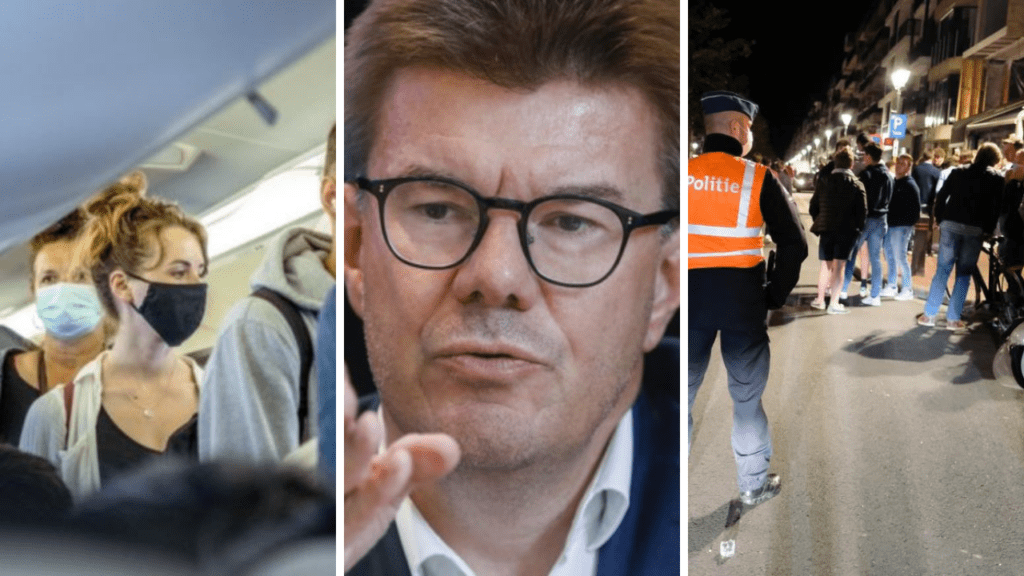I have a question for you all.
Would your life be easier if English was an official language in Belgium?
Belgium is a cultural and linguistic melting pot, but - like it or not - one of the more common ways to communicate remains English, especially within the expat population.
You're reading a newsletter written by a Scottish guy (guess I hadn't mentioned that? yes, I do have a kilt) living in Belgium, so I think we can assume you're comfortable in English.
And, likely, you started reading this because you wanted news & information in English and couldn't find it.
But, as I said, what if that were to change? How would it impact your life? Do you already live your life mostly in English? French? Dutch? German? Or a big ol' mix?
The reason I ask, you see, is according to Brussels Minister for the Promotion of Multilingualism Sven Gatz, Coronavirus communications might have shown there is a need to shake things up, at least in Brussels.
“I think that this has presented an opportunity to discuss multilingualism in the country and that these discussions should include a modernisation of the law to consider English as one of the main languages in Brussels,” he said in a piece I would highly recommend reading.
So here's the big question
Does Belgium's inherent connection to the international community mean English needs a permanent seat at the table?
Of is Nederlands de nieuwe taal voor Engelstaligen?
Ou Français, peut-être?
Let @johnstonjules know on Twitter.
BUT WAIT, one last thing: Want news from The Brussels Times in your inbox every morning? Sign up for The Recap, a free daily newsletter launching later this month containing all the stories you need to know from the day before. It goes great with your morning coffee.
Belgium in Brief is a free daily roundup of the top stories to get you through your lunch break conversations. To receive it straight to your inbox every day, sign up below:
1. New coronavirus variant found in France is undetectable by PCR tests
A new coronavirus variant is raising concerns in France as regular PCR-tests are unable to detect the mutation, health officials stated during a press conference on Tuesday.
On Tuesday, Belgian virologist and interfederal Covid-19 spokesperson Steven Van Gucht clarified that it concerned “a small outbreak, of about 8 to 10 cases, who showed typical coronavirus symptoms, but the tests remained negative.” Read More.
2. What’s Belgium’s problem with vaccination passports?

While the EU’s ‘vaccination passport’ remains a top priority for many – mostly southern – European countries, Belgium remains hesitant about the digital certificate.
Prime Minister Alexander De Croo has repeated several times that he is not in favour of a vaccination certificate (or ‘Digital Green Pass’, as the EU calls it) granting privileges to people who have been vaccinated. Read more.
3. Blood clots: What are they and why are they a problem?
Over the last several days, concern has arisen over the use of the AstraZeneca vaccine against Covid-19, and the appearance of a number of cases of blood clots among people who have been vaccinated.
As a result, about a dozen European countries have decided to suspend use of the AZ vaccine until the situation can be clarified. The World Health Organisation has pointed out that the number of cases of blood clots is no higher among vaccinees than it might be expected to be among the population at large. Read More.
4. Hiding in saunas and on roofs: How Belgium is dodging the rules

Many people across Belgium are itching to gather like they used to before the coronavirus crisis, and while some resist the urge, others have shown they will go to great lengths to make it happen, even if they are eventually caught.
Across the country – and the world – increasingly inventive stories have made headlines as people try to party. One year after the start of this pandemic, here are some examples of what people have done in Belgium. Read More.
5. Brussels Zone 30 speed cameras won’t trigger until 47 km/h
People driving over 30 kilometres an hour in a Zone 30 won’t actually be getting a ticket from the speed cameras unless they hit 47 km/h according to current measures, which are said to be temporary.
While police can decide to enforce a zero-tolerance policy when it comes to the Zone 30 streets – which as of the beginning of the year make up 85% of the city’s road network – the cameras won’t be triggered until a driver is going 16 km/h over the posted speed. Read more.
6. Antwerp bishop ‘ashamed’ by Church’s position on homosexuality
The bishop of Antwerp, Johan Bonny, has expressed an unusually outspoken opinion on the latest statements by his church on the matter of homosexuality.
This week, the body of the church known as the Congregation for the Doctrine of the Faith issued an opinion in response to the question, is it permissible for a Catholic priest to bless a homosexual union? Read More.
7. Brussels pedestrian zone broken up again
The recently constructed pedestrian zone on Boulevard Anspach has been broken up because the blue stones chosen for the road’s surface don’t seem able to handle the traffic of heavy buses.
“There were problems with the road surface, possibly due to the busy traffic flow at that location,” Elien De Swaef, spokesperson for Beliris, told Bruzz. “It has now been decided to replace the blue stone with concrete at that location.” Read More.
Jules Johnston
The Brussels Times

